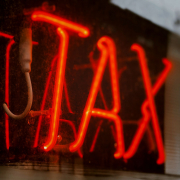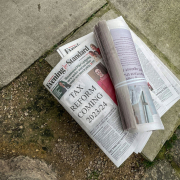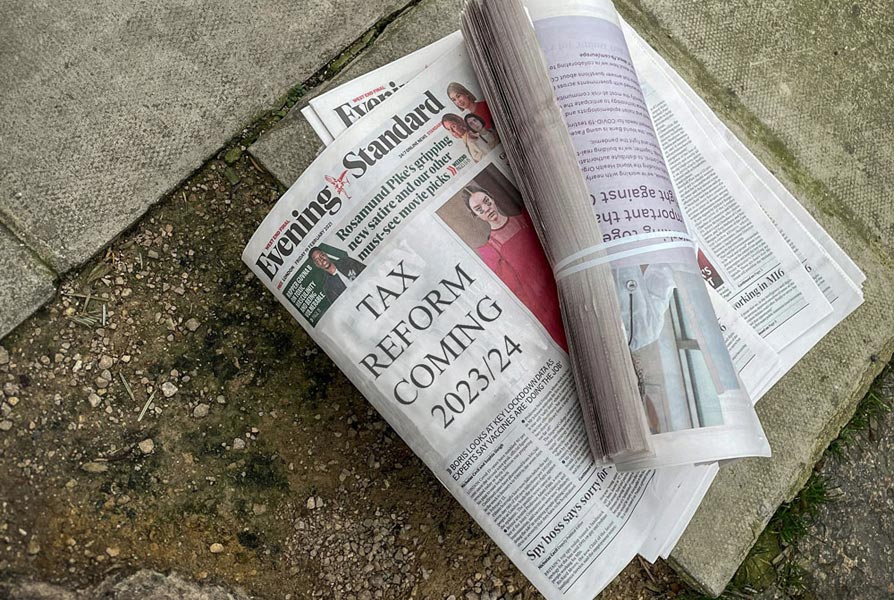Basis Reform and Spreading

As of April 6, 2023, the Self-Assessment (SA) for income tax has undergone a significant transformation, known as Basis Period Reform. This change aims to align the taxation of business profits with the standard April-April tax year, rather than any other accounting periods that may have been required by the taxpayer.
While the transition to the new basis period has introduced certain complexities, it also presents opportunities for businesses to manage their tax liabilities more effectively. One such opportunity lies in the spreading of tax arising from transitional profits.
Transitional profits refer to the profits that arise from the transition between the old and new basis periods. These profits can be spread over Read more



